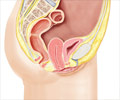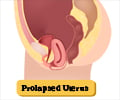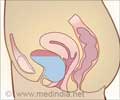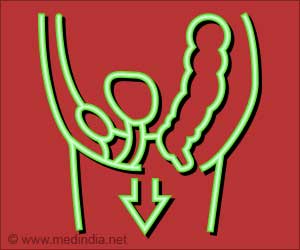Q: Which doctor should i consult for pelvic floor disorders?
A: Urogynecologists are doctors who help in the treatment of pelvic floor disorders in women. Urologists help in the treatment of pelvic organ prolapse in men and women.
Q: Is it safe to perform Kegels during pregnancy?
A: Kegels exercise for women is recommended, especially during pregnancy, as it helps in strengthening the pelvic floor muscles. Kegels also makes the muscles more flexible so that they work easily during childbirth.
Q: What are the other possible reasons for pelvic pain if there is no sign of pelvic organ prolapse?
A: Some of the conditions that cause pelvic pain include endometriosis, chronic pelvic inflammatory disease, fibroids, interstitial cystitis and conditions of the digestive tract like colitis and diverticulitis.
Q: Can pelvic floor disorder be considered a normal process of aging?
A: No. Pelvic floor disorders are wrongly understood as a normal part of aging. The problems faced by the persons with pelvic floor disorders can have a significant impact on a person’s quality of life. These disorders can be treated successfully.
Q: Urinary incontinence after pregnancy is one of the pelvic floor disorders; is it a reversible condition?
A: Yes. Postpartum urinary incontinence is a reversible condition. It can be reversed with lifestyle changes, exercises like kegels or with surgery.
Q: Do I need to undergo all the diagnostic procedures for pelvic floor disorders?
A: Not necessary. The diagnostic procedure recommended depends on the type of problems. Diagnostic procedures for bladder and bowel incontinence are different from each other. Other conditions of the pelvic floor disorders may require specific diagnostic tests.

















